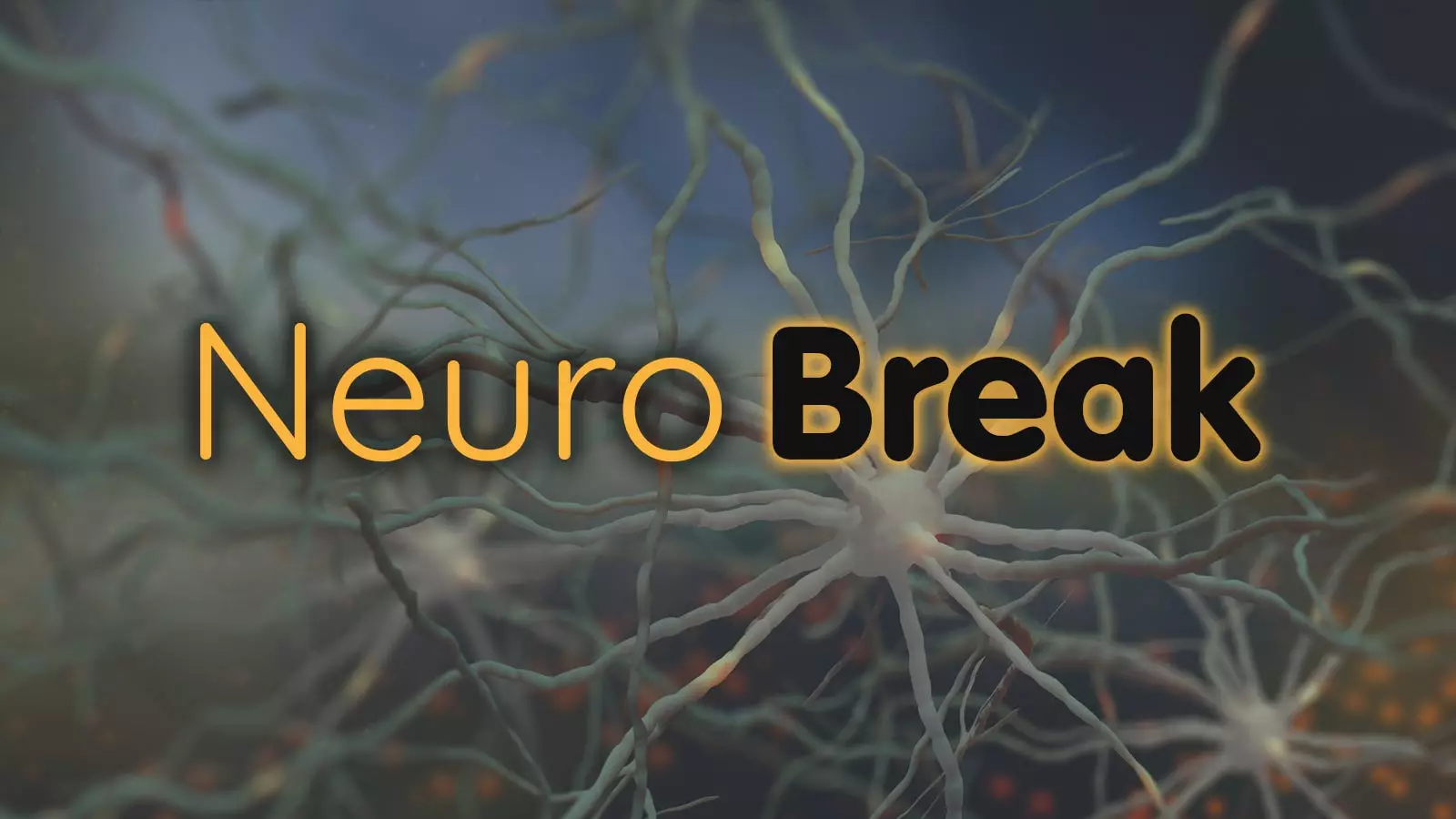Neurological research has made significant strides in understanding the brain and how it functions. One intriguing phenomenon that has caught the attention of researchers is the brief lucid period that some people with dementia experience before death. This peculiar occurrence has baffled clinicians and scientists alike, prompting them to delve deeper into the mechanisms of the brain.
A recent study published in Nature shed light on the protein FLVCR2, which acts as a blood-brain barrier choline transporter responsible for the majority of choline uptake into the brain. This discovery has opened up new avenues for research on how the brain regulates essential nutrients and the role of choline in cognitive function.
Research findings have also highlighted the potential of innovative treatments for neurological conditions. For example, a case-control analysis showed that new-onset small fiber neuropathy after SARS-CoV-2 infection responded well to treatment with intravenous immune globulin (IVIG). Similarly, intravenous acyl-ghrelin was found to be safe and effective in improving the neurologic outcome of individuals in a coma after cardiac arrest.
In a small trial conducted in Korea, repetitive transcranial magnetic stimulation was shown to improve cognition and increase functional connectivity between specific brain regions in people with early Alzheimer’s disease. This research opens up new possibilities for enhancing cognitive function in individuals with neurodegenerative disorders.
Using advanced imaging techniques, researchers have mapped a subcortical brain network that may play a crucial role in integrating arousal and awareness in human consciousness. This groundbreaking research has the potential to deepen our understanding of consciousness and its underlying neural mechanisms.
The field of neurological research is rapidly evolving, with ongoing investigations into novel treatments and diagnostic techniques. From investigational drugs for Alzheimer’s disease to advanced imaging technologies, researchers are pushing the boundaries of what is possible in understanding the complexities of the human brain. As we continue to unravel the mysteries of the brain, the potential for groundbreaking discoveries and transformative treatments remains within reach.


Leave a Reply